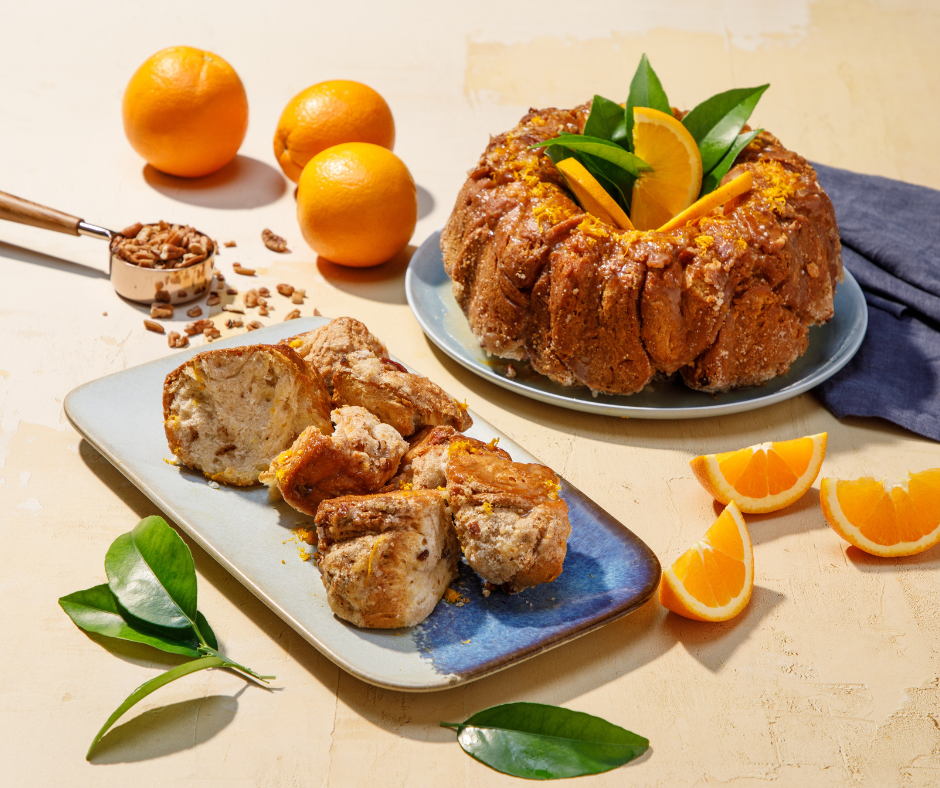January 22, 2024
Why to Include Processed Foods in Your Shopping Cart
I often start my morning by enjoying a cup of coffee, along with some yogurt topped with frozen berries and granola. These foods help me assemble and enjoy a nourishing, affordable and satisfying breakfast without spending too much time in the kitchen. And it may surprise you to know that all of these foods are processed. If you’ve heard that processed foods don’t deserve a place in your shopping cart, it’s time to embrace the truth about the many advantages these foods can provide.
When you hear someone condemn processed foods, consider that pasteurized milk, cheese, yogurt, frozen fruits and vegetables, prewashed salad greens, oatmeal, and canned beans are all processed. Processed foods are defined by the US government as “any food other than a raw agricultural commodity that has been subject to processing, such as canning, cooking, freezing, dehydration or milling.” Basically, that covers anything that has been altered from its original state beyond basic cleaning or removing leaves and stems. Even peeled or pre-cut fruits or veggies like “baby” carrots are considered processed. In addition, any food that contains added salt, sugar, fat, or additives or that has been mixed with other ingredients is considered processed too. For instance, foods that are fortified with important nutrients such as calcium, vitamin D, folic acid or iron which can help prevent chronic diseases.
Benefits of Processed Foods
Time Savings
Foods that are ready to eat, or simply need to be heated, can provide much needed time savings especially during a rushed morning or a busy weeknight. For example, a deliciously nourishing family-friendly meal can be quickly assembled and served with multiple frozen food choices, like a lasagna with green beans and garlic bread. Having several convenient options on hand can also help save money by avoiding costly trips for takeout.
Shelf Stability
For individuals who can’t get to the supermarket regularly, having a supply of frozen, canned, and shelf stable products on hand is a huge benefit that provides food security.
Food Safety
Milk is pasteurized to destroy the growth of harmful bacteria, and processing helps to prolong shelf life. The freezing process also works to keep food safe until consumed.
Minimal Waste
Some fresh fruits and vegetables need to be eaten within a few days to avoid spoilage and waste, but when you open frozen fruits and veggies you can simply take out what is needed and keep the rest in the freezer for later use. Also, individual frozen meals and packaged fish or chicken fillets are already pre-portioned and trimmed to minimize waste.
Nutritious
Most fruits and vegetables are frozen within hours of being picked which locks in their nutrients. Also, consuming foods that have been fortified with nutrients like fiber calcium, vitamin D, and B vitamins can help address nutrient shortfalls.
Processed foods to add to your shopping cart and kitchen:
- Milk or Plant-Based Milk Alternatives
- Yogurt
- Cheese & Cottage Cheese
- Frozen Fruits & Vegetables
- Frozen Seafood
- Frozen Pizza
- Canned Beans & Tomatoes
- Cheese
- Fortified Cereal
- Bagels & English Muffins
- Frozen Family Meals & Individual Meals
- Frozen Brown Rice & other Grains
Use these foods as the foundation for many easy home meals:
- Combine milk or a milk alternative with frozen fruit for a breakfast smoothie
- Melt cheese on a whole grain bagel or English muffin and add a glass of orange juice
- Top a frozen rice and veggie blend with canned beans
- Add extra frozen veggies to canned soups to pump up the nutrition
- Add frozen peppers, onions, broccoli and more to a frozen cheese pizza
- Create a quick stir-fry with frozen shrimp and pair with a frozen family-sized vegetable fried rice dish
- Heat frozen burritos and serve with toppings such as avocado, salsa, tomatoes, and sour cream
Visit Easy Home Meals recipes for more delicious and nutritious mealtime inspiration!

About the Author: Shari Steinbach, MS RDN
Shari is a nationally recognized food and nutrition consultant with over 25 years of experience as a health professional with two major supermarket chains in the Midwest. She specializes in crafting unique programs for her clients that provide meaningful nutrition and meal planning solutions for today’s consumers. Shari holds a Bachelor of Science Degree in Dietetics from Central Michigan University and a Master of Science Degree in Human Nutrition from Andrews University in Michigan.






